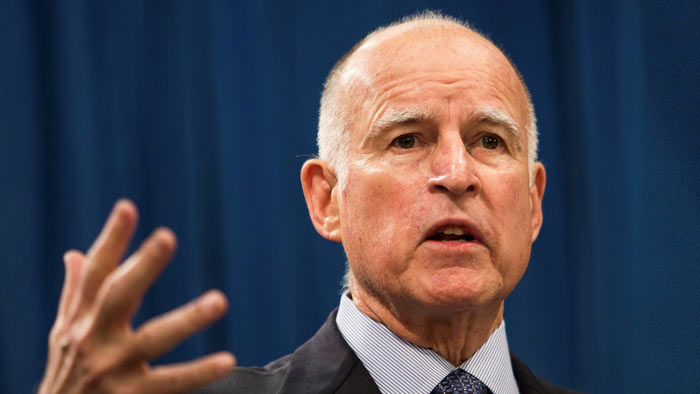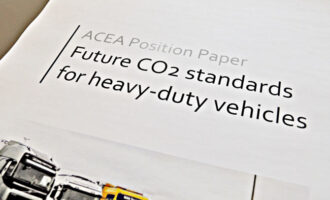
California lawmakers pass a historic bill mandating carbon-free energy in the U.S. state by 2045
California took a historic step early this week with the passage of Senate Bill 100 in the State Assembly that would move the U.S. state toward 100% clean energy by 2045.
The bill, which was introduced by Democratic state Sen. Kevin de Leόn, proposes to phase in the changes, requiring the state to generate 60% of its energy from renewables like wind, solar and other alternatives by 2030. State regulators will have another 15 years to complete the overhaul and could allow for the use of energy sources considered nonrenewable, such as nuclear power, large hydropower dams and gas-fired power plants that capture and store emissions.
The California State Assembly voted 44-33 to approve the legislation. The two chambers still must agree on amendments, but it is expected to be finalized by the close of the legislative session on Friday. Gov. Jerry Brown (D) will have 30 days to sign the bill into law.
Faced by opposition from public utility companies and a labor union representing electrical workers in Northern California, the same legislation failed to pass last September.
PG&E Corp., the parent of the state’s largest investor-owned utility, opposed the bill for more than a year and called it “poorly timed.”
“Lawmakers in the Assembly have put the cart before the horse by approving a long-term procurement mandate that will affect utilities and their customers for more than 25 years without any assurance that the state’s utilities will remain financially stable and able to shoulder these new mandates in the face of growing wildfire risk,” said PG&E spokeswoman Lynsey Paulo.
California joins Hawaii, which passed legislation in 2015 calling for 100% carbon-free electricity by 2045.
Given its size, California will likely influence other states to adopt similar legislation, which could serve as a national model.
Massachusetts, New Jersey, New York and Washington, D.C., are also considering such a mandate, according to the National Conference of State Legislatures.
The move highlights California’s determination to be a leader on climate issues. In May, state regulators revised the building code to require newly built homes to be equipped for solar power.
Thirteen states, representing more than 40% of the U.S. auto market, already follow California’s more stringent auto emissions standards, which the current Trump administration would like to change.
“This is a pivotal moment for California, for the country and the world,” said Michael Brune, the executive director of the Sierra Club.
The bill’s passage comes ahead of a Global Climate Summit next month in San Francisco, where he will serve as a co-chairman.
echo '








